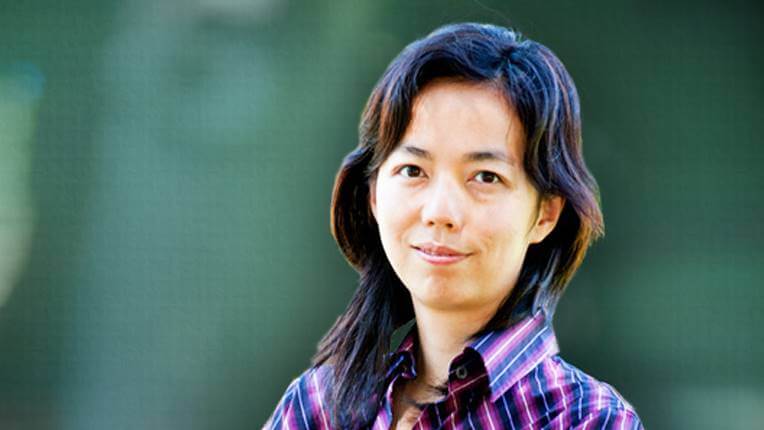Renowned AI pioneer Fei-Fei Li, often called the “Godmother of AI,” has urged increased funding for artificial intelligence research in the U.S., highlighting the importance of public investment and a “moonshot” mentality in advancing the field.
What Happened: During a recent meeting with President Joe Biden, Li stressed the urgency of aggressive funding for AI research and public projects. She pointed out that the U.S. currently lacks the resources to keep pace with the rapid developments in AI technology, reported Bloomberg.
Li, who teaches computer science and co-directs the human-centered AI program at Stanford University, stressed the critical role of the public sector in shaping AI’s future.
She said that while private sector entities can access substantial resources, universities and public institutions struggle to secure the necessary funding for AI research.
“The reality is not a single university in America today can train the ChatGPT model,” Li said, adding, “We do not have the compute resources, we do not have the data, and more and more of our talent is going into the private sector.”
Previously, ChatGPT-parent, OpenAI’s co-founder and CEO Sam Altman, said that it cost over $100 million to develop GPT-4, which proves Li’s point and underlines the funding gap between private and public AI initiatives.
Li said when asked how the U.S. President responded on this topic, “He didn’t write an executive order right on the spot. But he was very, very thoughtful.”
Moreover, regarding the concerns about the potential risks of AGI, Li said that the priority should be to address immediate safety issues rather than speculate on distant existential threats.
She acknowledged that studying AI’s capabilities raises philosophical and neurological questions but urged a focus on current challenges and opportunities.
“I think it’s a little bit like you take a three-year-old to a small playground, and if she’s climbing a little toy, you don’t talk to her about ‘if you fall off a cliff, you will die.’ Right? Like, even though it’s related, if she falls off that little toy, there might be some harm, but you don’t go start talking about the vast scenario,” she stated.
“Instead you address the safety issue right here and then because that’s very immediate,” Li concluded.
Why It’s Important: Li’s stance comes amid a broader debate on the future of AI and its potential risks.
In May, AI pioneers Geoffrey Hinton and Jürgen Schmidhuber expressed contrasting views on AI’s acceleration.
Hinton, known as the “Godfather of AI,” expressed concerns over the technology’s existential threats, while Schmidhuber, once described as the “Father of AI,” argued that its rise is inevitable.
Other big tech names like Elon Musk and Apple co-founder Steve Wozniak have also expressed their concerns and advocated a slowdown in advancing AI systems “more powerful” than OpenAI’s GPT-4.
Meanwhile, the “godfather of virtual reality,” Jaron Lanier, while acknowledging the concerns about the current state of AI, dismissed fears of AI taking over the world, likening such notions to those portrayed in films like “The Matrix.”

